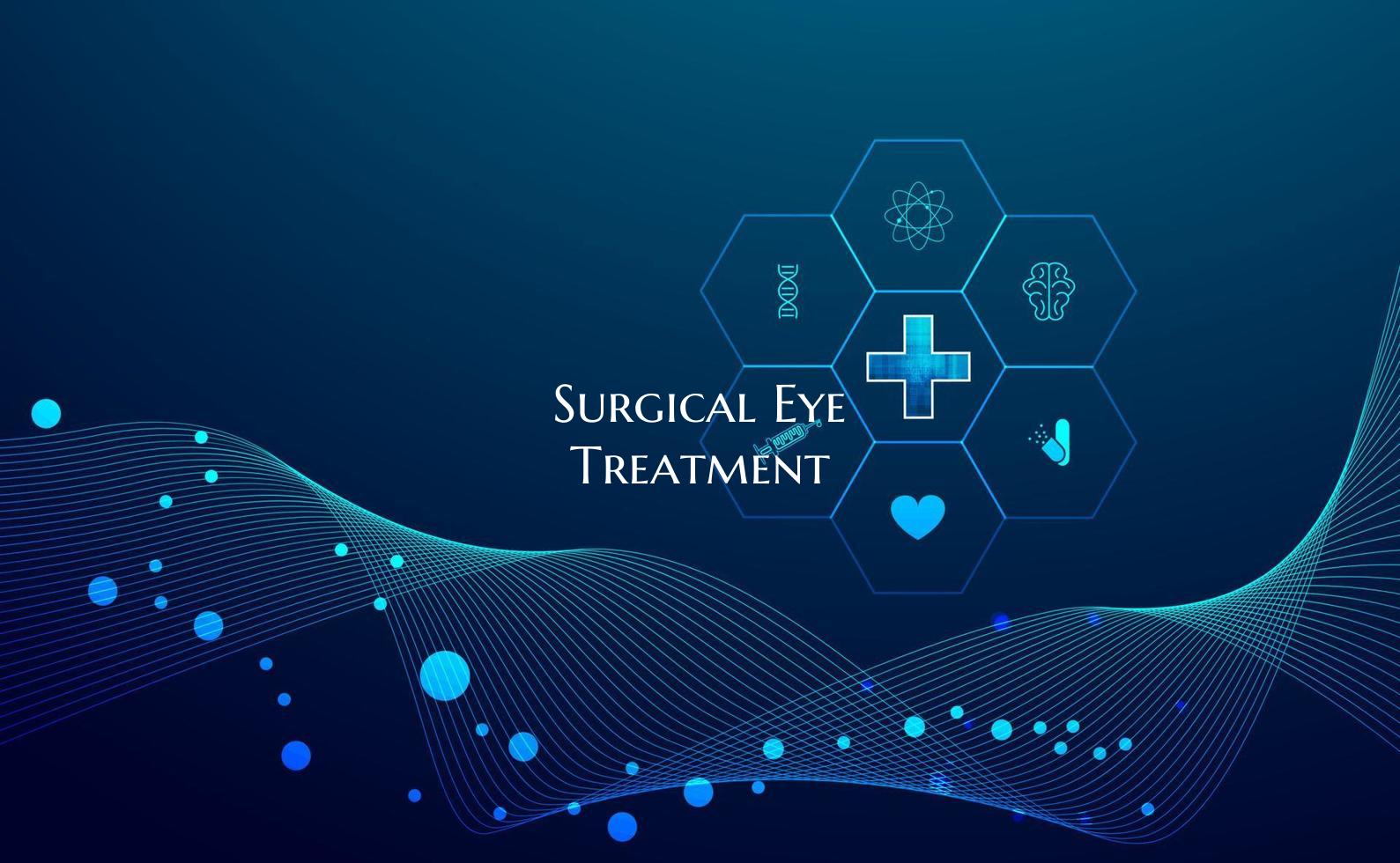
Surgical Eye Treatment
Surgical eye treatments encompass a range of procedures that aim to correct various eye conditions and improve vision. These advanced medical interventions are typically recommended for individuals with eye problems that cannot be corrected with glasses or contact lenses. From laser surgeries to implantable devices, surgical eye treatments have revolutionized the field of ophthalmology and provided new hope for patients with diverse eye ailments.
Common Types of Surgical Eye Treatments:
1. Refractive Surgeries: These procedures, such as LASIK and PRK, are designed to reshape the cornea to correct refractive errors like nearsightedness, farsightedness, and astigmatism. By altering the way light enters the eye, refractive surgeries can significantly reduce or eliminate the need for glasses or contacts.
2. Cataract Surgery: Cataracts occur when the natural lens of the eye becomes cloudy, leading to blurred vision and light sensitivity. Cataract surgery involves removing the cloudy lens and replacing it with an artificial intraocular lens (IOL) to restore clear vision. This procedure is highly successful and is one of the most commonly performed surgeries worldwide.
3. Glaucoma Surgery: Glaucoma is a group of eye disorders that can damage the optic nerve and lead to vision loss. Surgical treatments for glaucoma aim to reduce intraocular pressure either by improving drainage or decreasing fluid production in the eye. These procedures can help slow down the progression of the disease and preserve vision.
4. Corneal Transplant: In cases of severe corneal damage or disease, a corneal transplant may be necessary to replace the damaged tissue with a healthy donor cornea. This procedure can restore clarity to the cornea and improve vision for individuals with conditions like keratoconus or corneal scarring.
Benefits of Surgical Eye Treatments:
- Improved Vision: The primary goal of surgical eye treatments is to improve visual acuity and quality of life for patients. - Reduced Dependence on Corrective Lenses: Many surgical procedures can significantly reduce or eliminate the need for glasses or contact lenses. - Prevention of Vision Loss: In conditions like glaucoma or severe cataracts, timely surgical intervention can prevent irreversible vision loss. - Enhanced Quality of Life: Restoring clear vision through surgery can enhance independence, safety, and overall well-being.
Recovery and Follow-Up Care:
After undergoing a surgical eye treatment, patients are typically advised to follow specific post-operative care instructions provided by their ophthalmologist. This may include using prescribed eye drops, avoiding strenuous activities, and attending follow-up appointments to monitor healing and vision improvement. Most patients experience a gradual recovery process and notice improvements in their vision over time.
In conclusion, surgical eye treatments have become invaluable in the field of ophthalmology, offering effective solutions for a wide range of eye conditions. By embracing these advanced procedures, individuals can achieve improved vision, reduced reliance on corrective lenses, and a better quality of life. If you are considering a surgical eye treatment, consult with your eye care provider to explore the options best suited to your needs and goals.